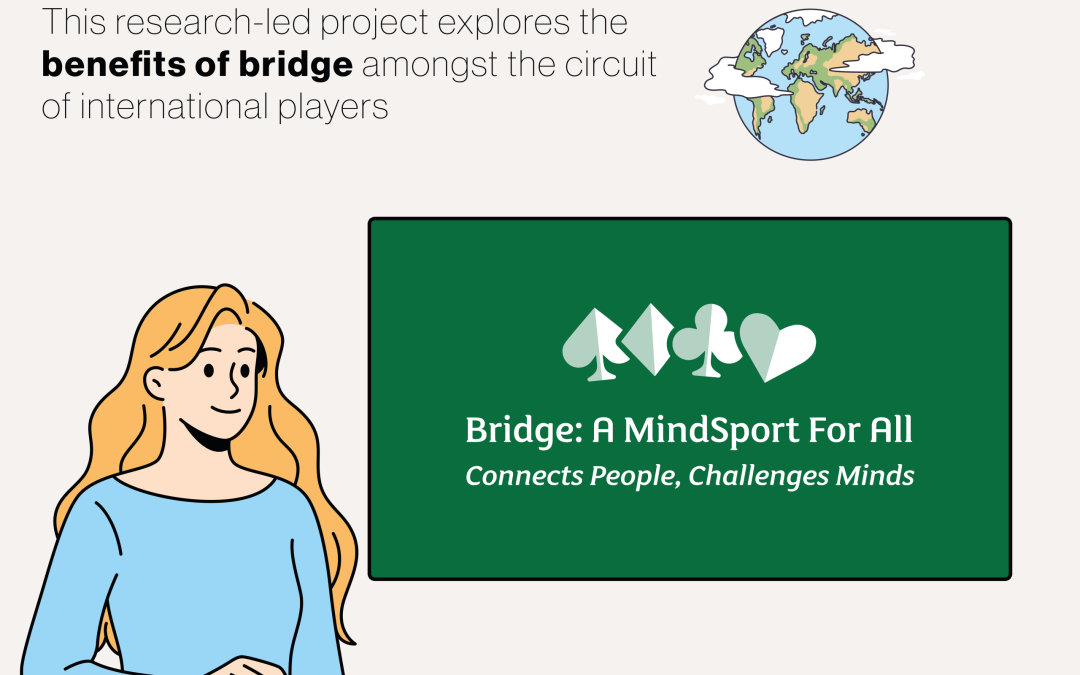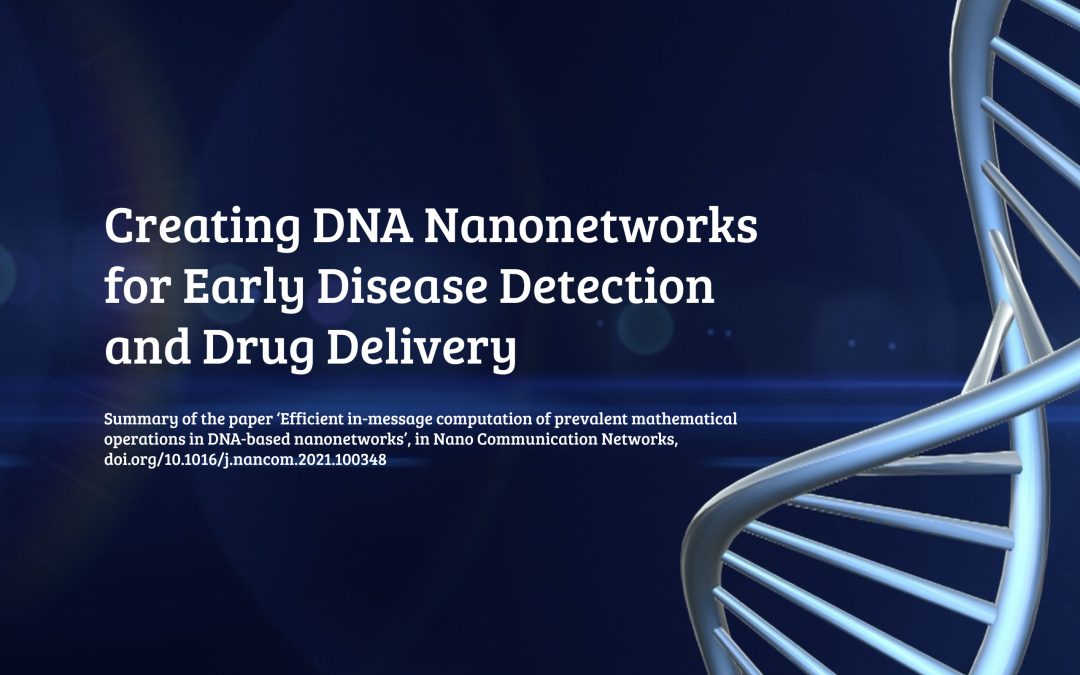
by admin | Mar 30, 2023 | behavioural sciences animated, research animated
Bridge is a popular card game played socially and competitively by millions of people throughout the world. Each game consists of four players divided into two pairs, or ‘partnerships’. They compete against each other to win ‘tricks’ through cooperation, strategic thinking and logical deduction. Professor Samantha Punch at the University of Stirling leads ‘Bridge: A MindSport for All’. This research-led project explores the benefits of bridge amongst the circuit of international players.

by admin | Mar 22, 2023 | engineering and tech animated, physical sciences animated, research animated
Nuclear magnetic resonance, or NMR, is an excellent technique for studying molecules, and is also the process behind hospital MRI machines. NMR works by exposing a sample to a strong, constant magnetic field. Then, a weak, oscillating magnetic field is also applied, and the atomic nuclei in the sample respond by emitting electromagnetic signals. These signals have particular frequencies, which scientists use to identify molecules in the sample. As useful as it is, NMR has weaknesses. Dr Philip Norcott at the Australian National University identifies two fundamental flaws and proposes a technique to overcome them.

by admin | Mar 15, 2023 | health and medicine animated, physical sciences animated, research animated
Nanotechnology offers exciting possibilities for the future of healthcare. Because of the tiny size of nano-devices, they are difficult to design and produce. Self-assembly, which involves taking simple structures and allowing them to combine to form larger, more complex structures, could be a solution to this problem. There are many examples of self-assembly in nature, such as the formation of DNA. Dr Florian Lau and his colleagues at the Institute of Telematics in Lübeck, Germany, research how to alter special building blocks of DNA – which they call ‘tiles’ – in such a way that allows them to self-assemble into ‘nanonetworks’.

by admin | Mar 15, 2023 | earth and environment animated, research animated
For coastal communities, one of the most worrying effects of climate warming is rising sea levels. Even if we halt all greenhouse gas emissions today, the oceans are predicted to rise by more than half a metre by the end of the century, threatening coastal cities, including Manhattan, Vancouver, Lagos, Shanghai and Tokyo. In addition to displacing millions of humans, rising seas will alter natural coastal environments and ecosystems.

by admin | Mar 8, 2023 | behavioural sciences animated, research animated
Propaganda is the systemic use of language with the intent to brainwash rather than to persuade. Deceptive communication designed to mislead the masses is commonplace in the Information Age. Dr Robert Walsh of Sisseton Wahpeton College in South Dakota recently examined how propagandists bend language for mass deception. He argued that what makes propaganda insidious is a vestige of our prehistoric past – the Neolithic or Tribal Mind.

by admin | Mar 8, 2023 | behavioural sciences animated, health and medicine animated, research animated
For young people with schizophrenia, their first experience of psychosis is often highly traumatic. Because of the close, nurturing relationships mothers typically have with their children, they too can experience trauma while witnessing their children’s disturbing psychotic episodes. As a result, mothers of adult children with schizophrenia often experience negative impacts on their physical and psychological health. Debra Klages takes a unique perspective by shedding light on how the traumatic experiences of health professionals with dual roles as mothers can lead to personal and professional growth and resilience.






